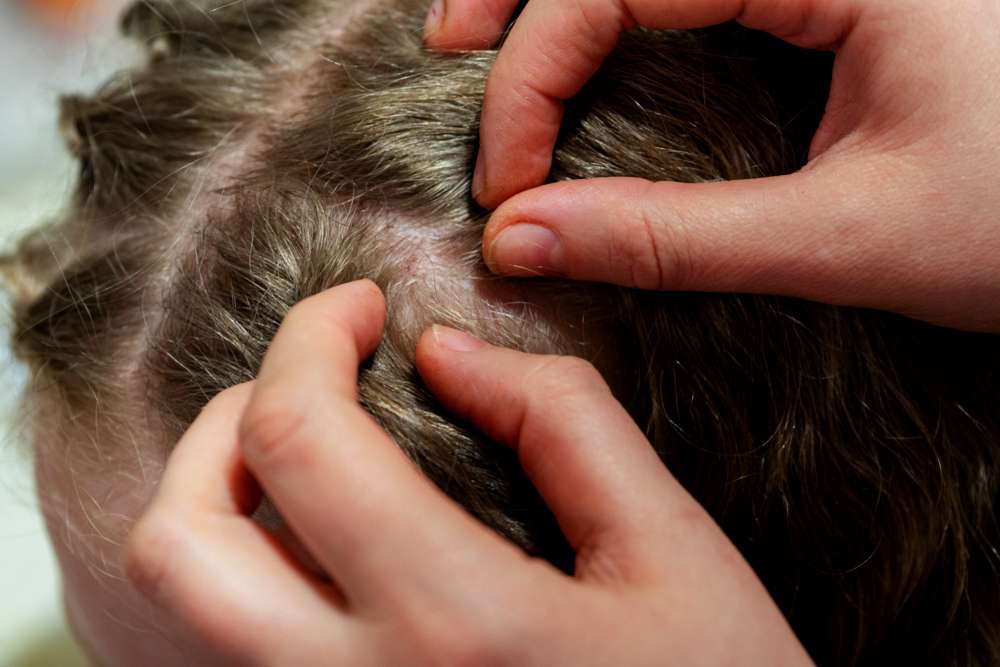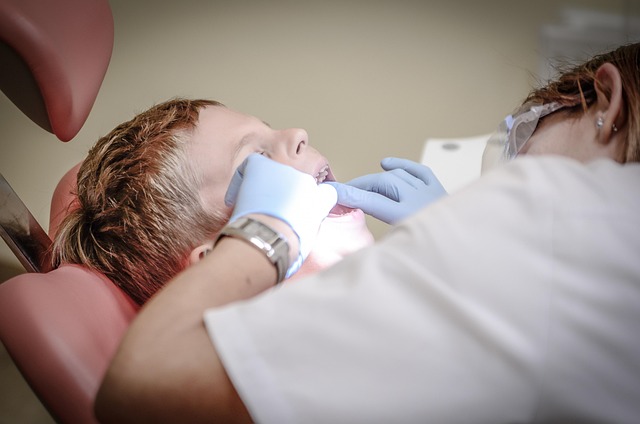Scalp Psoriasis Treatments and Management in USA 2026
Scalp psoriasis affects many individuals in the United States, causing scaly, inflamed patches on the scalp that may lead to itching and discomfort. This article summarizes current understanding, treatment options, and management strategies relevant for 2026 to aid symptom control and improve quality of life.

Understanding Scalp Psoriasis
Scalp psoriasis is a chronic autoimmune condition characterized by the rapid buildup of skin cells on the scalp, resulting in thick, silver-white scales and red patches. It occurs when the immune system causes inflammation and an overproduction of skin cells. Although the severity varies among individuals, symptoms can include itching, flaking, redness, tenderness, and sometimes areas of temporary hair thinning.
Common challenges with scalp psoriasis include difficulty applying treatments through hair and distinguishing it from similar scalp conditions such as seborrheic dermatitis or eczema. Accurate diagnosis by a healthcare professional is important to determine appropriate management.
Causes and Risk Factors
Scalp psoriasis arises due to a combination of genetic, immune, and environmental factors. The exact cause is not fully understood but involves an immune system malfunction that accelerates the skin cell life cycle. Common triggers include stress, infections, cold weather, skin injury, and certain medications. It may also be associated with psoriasis affecting other body areas.
Symptoms of Scalp Psoriasis
- Thick, scaly plaques on the scalp
- Silvery or white scale buildup over red patches
- Persistent itching or burning sensation
- Dry scalp or dandruff-like flaking
- Temporary hair loss in severe cases due to scratching or inflammation
Diagnosis
A healthcare provider will typically perform a physical examination of the scalp and possibly other skin areas. In unclear cases, a skin biopsy or laboratory tests may be used to confirm diagnosis and rule out similar conditions.
Treatment Options in 2026
There is no cure for scalp psoriasis, but various therapies can help manage symptoms and reduce flare-ups. Treatment choice depends on the severity, extent of scalp involvement, and patient preference.
Topical Treatments
Topical therapies remain first-line for most cases and include:
- Corticosteroids: These anti-inflammatory agents help reduce redness, itching, and scaling. They are available in different strengths and formulations such as solutions, gels, foams, and shampoos.
- Vitamin D analogues: Calcipotriene and calcitriol normalize skin cell growth and are used alone or combined with corticosteroids.
- Coal tar products: Used to slow skin cell production and reduce inflammation.
- Salicylic acid: Helps remove scales to enhance penetration of other medications.
Phototherapy
In some cases, ultraviolet (UV) light therapy, such as narrow-band UVB or excimer laser, is employed to reduce inflammation and slow skin cell turnover. This treatment typically requires multiple sessions under medical supervision.
Systemic Treatments
For moderate to severe or resistant scalp psoriasis, systemic medications that affect the immune system may be prescribed, including:
- Oral drugs: Methotrexate, cyclosporine, and acitretin
- Biologic therapies: Targeted agents such as tumor necrosis factor (TNF) inhibitors, interleukin inhibitors (IL-17, IL-23), which have become more widely used in recent years
These treatments require careful monitoring due to potential side effects.
Managing Symptoms Safely
- Avoid scratching to reduce the risk of skin damage and secondary infections.
- Use gentle scalp care routines to prevent irritation; avoid harsh shampoos or excessive washing.
- Regularly remove scales carefully using medicated shampoos, but avoid vigorous scrubbing.
Supportive Home Remedies
Some individuals find symptom relief using supportive measures, which should be discussed with a healthcare provider:
- Moisturizing the scalp with oils or emollients
- Using non-medicated, fragrance-free shampoos
- Reducing stress through relaxation techniques
Considerations for Older Adults
Older patients generally follow similar treatment protocols but may require adjusted dosages or avoidance of certain medications due to other health conditions or sensitivities.
Typical Costs in United States (2026)
When considering scalp psoriasis treatment in the United States, typical price ranges include:
- Basic option: Over-the-counter medicated shampoos and topical corticosteroids often cost between $10 and $50, suitable for mild cases.
- Standard option: Prescription topical treatments or phototherapy sessions may range from approximately $100 to $500, depending on the provider and frequency.
- Premium option: Systemic therapies and biologic drugs can cost between $1,500 and over $10,000 per month, largely influenced by insurance coverage and specific medications used.
These ranges are estimations; costs vary based on healthcare providers, insurance status, and pharmacy pricing.
Summary
Scalp psoriasis remains a chronic dermatological condition frequently encountered in the United States. Advances in treatment, including biologic therapies and improved topical formulations, continue to expand management options. Careful diagnosis, combined medical and supportive approaches, and individualized treatment plans contribute to symptom control and improved patient quality of life in 2026.




